On July 3, 2023, New Jersey Governor Phil Murphy signed A.B. 5323 into law to amend New Jersey’s Corporation Business Tax (CBT). 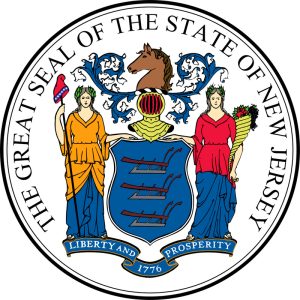 The bill enacted a variety of clarifications, corrections and modifications to the CBT.
The bill enacted a variety of clarifications, corrections and modifications to the CBT.
Articles Posted in Sales and Use Tax
California Extends Deadlines to File and Pay Taxes for Businesses and Individuals Affected by Severe Winter Storms
Following the IRS’s announcement of tax relief for 41 California counties* affected by severe winter storms, the California Franchise Tax Board (FTB) and California Department of Tax and Fee Administration (CDTFA) announced similar relief for state-level taxes and fees.
Three Strikes, You’re Out! New York Has Another Miss in Sales Tax Case Against a Service Provider Under the “Primary Function” Test
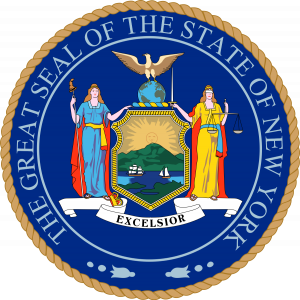
An administrative law judge (ALJ) in the New York State Division of Tax Appeals cancelled the New York State Division of Taxation’s notice of determination asserting sales tax on petitioner’s verification services. The October 6, 2022 determination in Matter of Employment Screening Services, LLC, confirms that petitioner’s services are properly characterized as nontaxable information services because this verification report is tailored and customized based upon the specific applicant.
“Primary Function” Test Propels Yet Another Service Provider to Victory in New York Sales Tax Case

An administrative law judge in the New York State Division of Tax Appeals rejected the state’s position that a taxpayer providing a web-based service which allowed clients to identify effective and ineffective messaging through information, analysis, and reports was selling taxable software. Following the rationale applied in a series of recent sales tax cases, including Matter of 1Life Healthcare, Inc., DTA No. 829434, and Matter of Breakdown Services, Ltd., DTA No. 829396, the judge concluded in her September 29, 2022 determination that the taxpayer’s service was nontaxable because its primary function was an information service that was personal or individual in nature.
Contractual Delivery Terms Control Application of Alabama’s Wholesale Oil License Fee
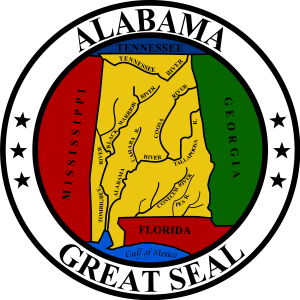
The Alabama Tax Tribunal held the taxpayers’ wholesale sales of fuel that entered and exited the state via the Colonial Pipeline were subject to the state’s wholesale oil license fee. The sales in question were made to Alabama license holders and involved fuel imported from out-of-state. The fuel would either enter Alabama from out-of-state through the Colonial Pipeline or be injected in the pipeline at a point in Alabama. In either instance, the fuel was bound for final movement out of Alabama with there being no subsequent point in Alabama where the fuel could exit the pipeline.
California Governor Vetoes Sales Tax Bill Seeking to Require Large Online Retailers to File Informational Reports Detailing Sales by Destination
This week, Governor Newsom vetoed Senate Bill 792 (Glazer), which would have required large online retailers to include with their sales tax returns an additional schedule that reports gross receipts based on the “ship to” or destination location. The bill targeted online retailers with over $50 million in annual sales of tangible personal property. Qualifying online retailers that failed to report this information would have been subject to a penalty of $5,000.
to include with their sales tax returns an additional schedule that reports gross receipts based on the “ship to” or destination location. The bill targeted online retailers with over $50 million in annual sales of tangible personal property. Qualifying online retailers that failed to report this information would have been subject to a penalty of $5,000.
California imposes a statewide sales tax on retailers for the privilege of selling tangible personal property at retail within the state, measured by the gross receipts from each sale. An additional sales tax of 1.25% (the Bradley-Burns Tax) is imposed on sales subject to the statewide sales tax, of which 1% is allocated to localities to use at their discretion and the remainder is distributed to county local transportation funds to support transportation programs. Continue Reading ›
West Virginia: Streaming Services Subject to Sales and Use Tax
The West Virginia State Tax Department released new guidance, TSD-445, that clarified that streaming services are subject to sales and use tax in the state. The Department’s guidance distinguishes streaming services from digital products, which are specifically exempted under the law. The Department explains that streaming services are subject to a 6% state sales and use tax, in addition to up to 1% in municipal sales and use tax if applicable, because West Virginia taxes all services unless a specific exception or exemption applies.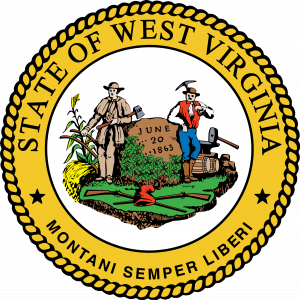
Only Simple Majority Required (Again!): California Court of Appeal Holds SF’s Proposition G Citizen Initiative Did Not Require Supermajority Voter Approval; Reconsideration Request Pending
California’s Court of Appeal again held that a special tax measure placed on the local ballot as a citizen initiative required only a simple majority, not a supermajority, vote to pass. 
Proposition G is a school parcel tax initiative that passed on San Francisco’s June 2018 ballot with 60.76% of the vote. The Proposition G school parcel tax is a special tax—in other words, the expenditure of its revenues is dedicated to a specific project or projects—and not a general tax, which revenues roll into the locality’s general fund. Here, the Proposition G school parcel tax funds are earmarked for educators’ salaries, staffing, professional development, technology, charter schools, and oversight of funding.
California Court of Appeal Says Tax for “Public Safety Services” and “Other Essential Services” Not a Special Tax
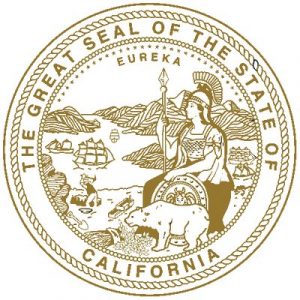 California’s Court of Appeal held a local sales tax ordinance (Measure K) was a general tax, not a special tax, and therefore its adoption did not require a two-thirds vote (supermajority) under California’s Constitution. A tax is “special” and therefore would require a two-thirds vote, when the expenditure of its revenues is dedicated to a specific project or projects. The plaintiffs argued that Measure K was a special tax because the funds were earmarked for the funding of the county’s public safety services and essential services. The Court of Appeal disagreed, concluding tax proceeds that are deposited in a separate account for unspecified “other essential services” could be used for any and all government services that qualify as an “essential service” and are therefore not dedicated to a specific project or purpose, indicative of a general tax. Thus, the court held Measure K was valid.
California’s Court of Appeal held a local sales tax ordinance (Measure K) was a general tax, not a special tax, and therefore its adoption did not require a two-thirds vote (supermajority) under California’s Constitution. A tax is “special” and therefore would require a two-thirds vote, when the expenditure of its revenues is dedicated to a specific project or projects. The plaintiffs argued that Measure K was a special tax because the funds were earmarked for the funding of the county’s public safety services and essential services. The Court of Appeal disagreed, concluding tax proceeds that are deposited in a separate account for unspecified “other essential services” could be used for any and all government services that qualify as an “essential service” and are therefore not dedicated to a specific project or purpose, indicative of a general tax. Thus, the court held Measure K was valid.
Massachusetts High Court Approves of Apportionment of Sales Tax on Software Through General Abatement Process
The Massachusetts Supreme Judicial Court recently held that software vendors have a statutory right to apportion tax on the sale of prewritten computer software purchased for use in multiple states and that they may do so through the Commonwealth’s general tax abatement process. The court’s decision in Oracle USA, Inc. v. Commissioner of Revenue, 487 Mass. 518 (2021) confirms that the ability to apportion tax on software is not contingent on strict compliance with the administrative procedures set forth in the Massachusetts Commissioner of Revenue’s apportionment regulation. The tax abatement process is an acceptable mechanism for taxpayers to seek tax apportionment with respect to software purchased for use in multiple jurisdictions. Continue Reading ›
Continue Reading ›
 SeeSALT Blog
SeeSALT Blog

